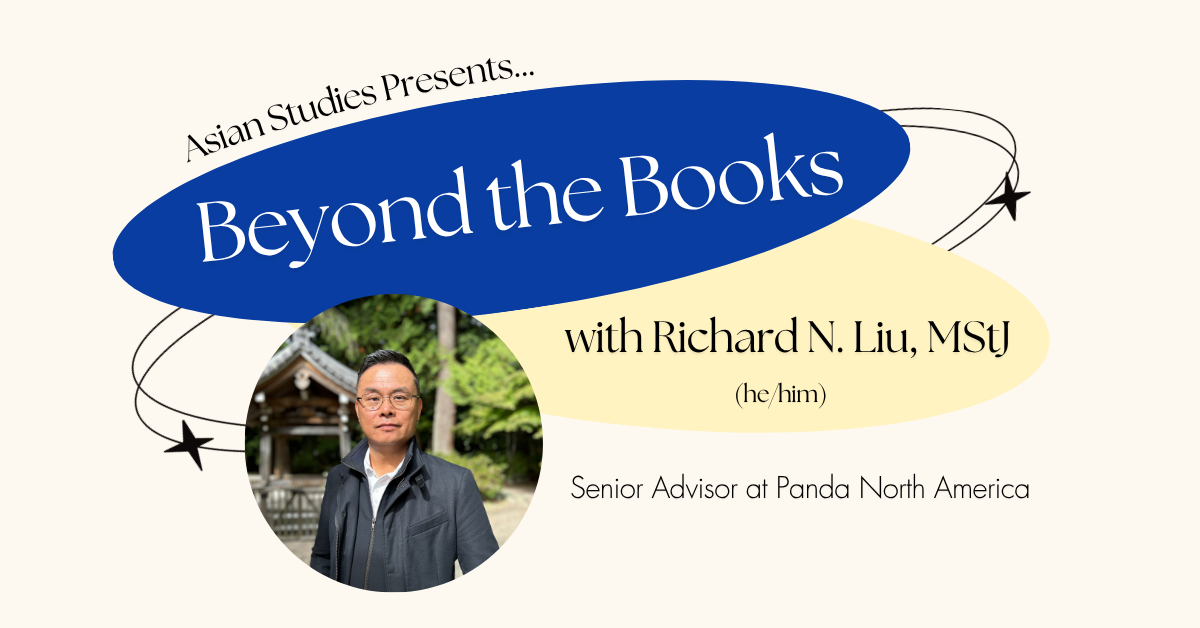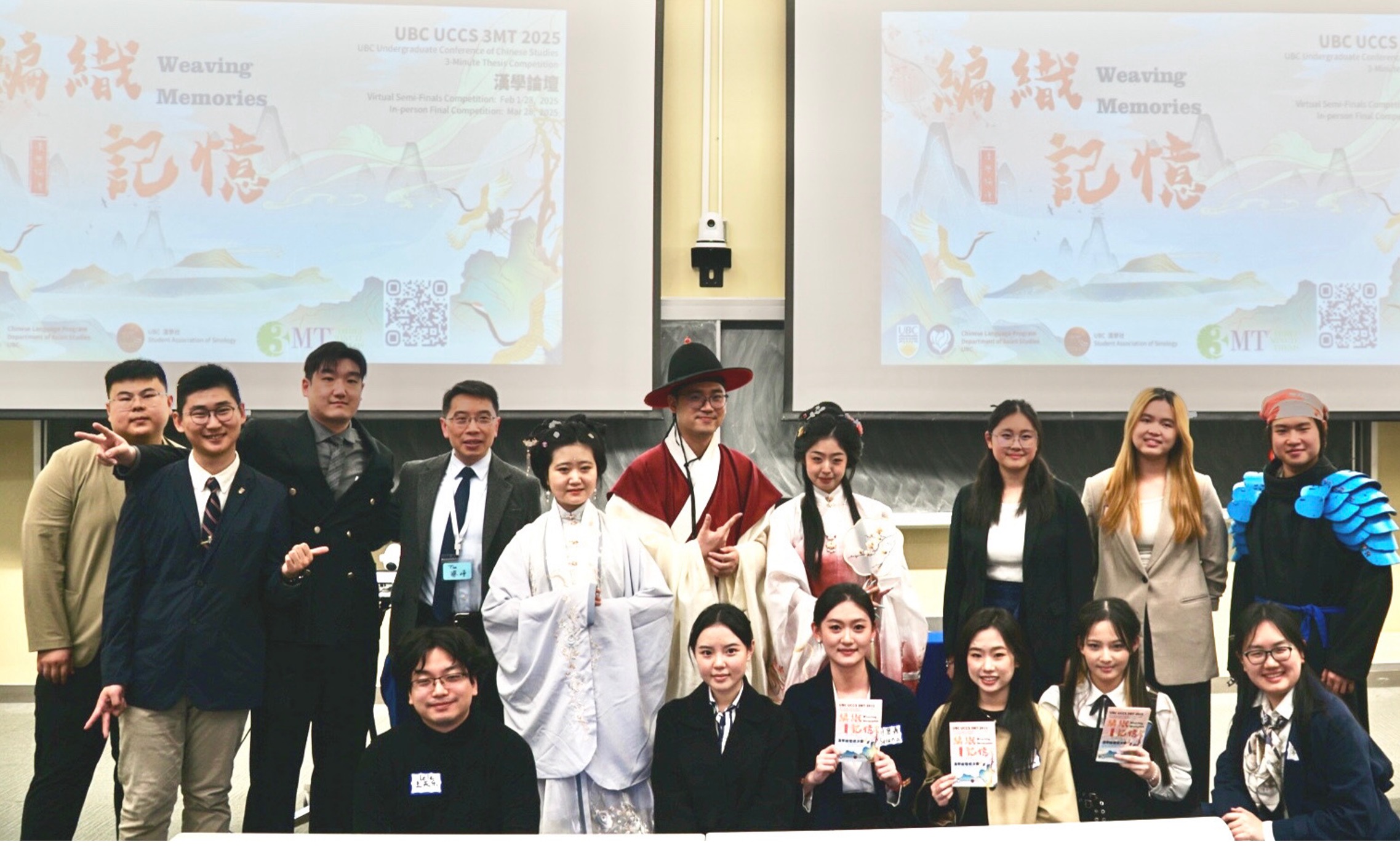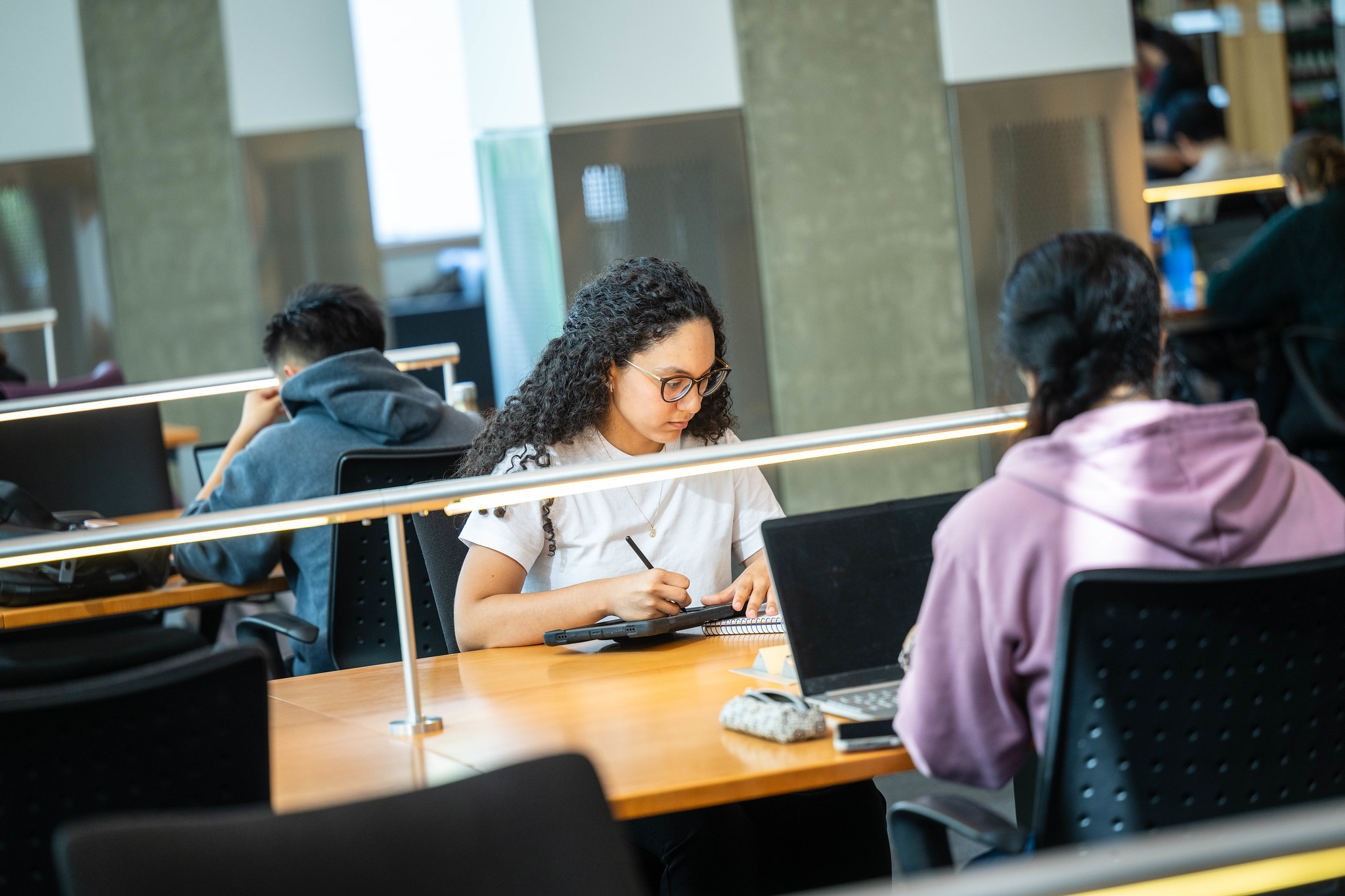
As we start looking ahead to Term 2, you might be re-thinking the classes you had decided on before the school year began.
Whether something in Term 1 has inspired you to switch tracks or you’re still looking for a course that’ll fulfill requirements, we’ve got your back! Here are 5 Asian Studies courses we think you might like for the upcoming term.
Jump ahead:
Cinema
Hong Kong Cinema (ASIA_V 325)
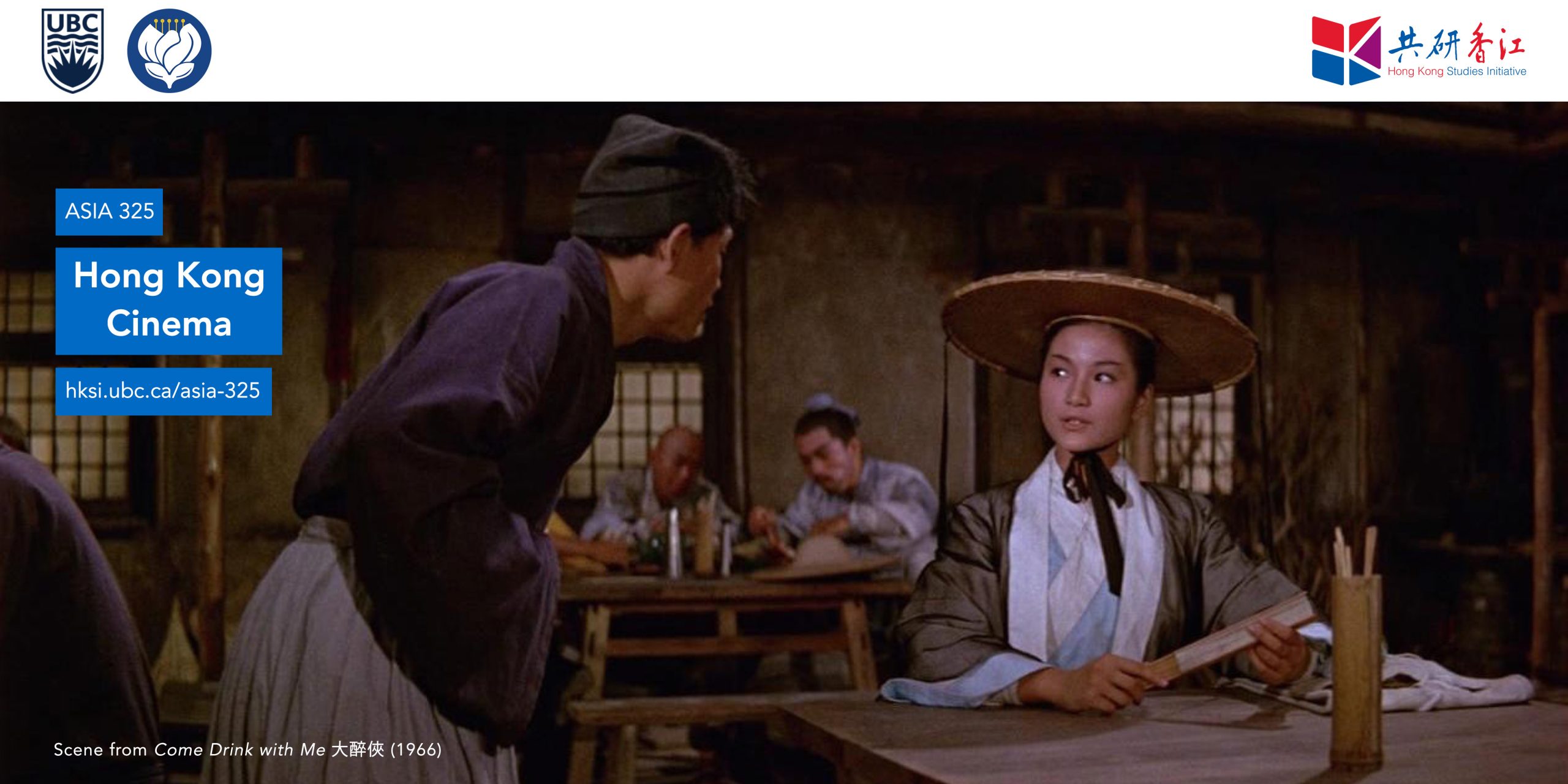

Term 2 | Tuesdays and Thursdays, 12:30pm – 2:30pm
Taught by Dr. Helena Wu
Studying Hong Kong cinema allows students to understand the global reach of a major international industry and the local expression of Hong Kong identity through visual spectacle, story, style, stars, and sound. Hong Kong’s unique and complex history and extraordinary dynamism are mirrored in the themes, images and speed central to this vibrant cinema.
Students will explore the varied ways in which Hong Kong’s complex hybrid identities, transnational linkages, and cultural fluidity are represented through film and examine Hong Kong cinema’s global influence and art.
Literature
Poetic Life in Classical India (ASIA_V 348)
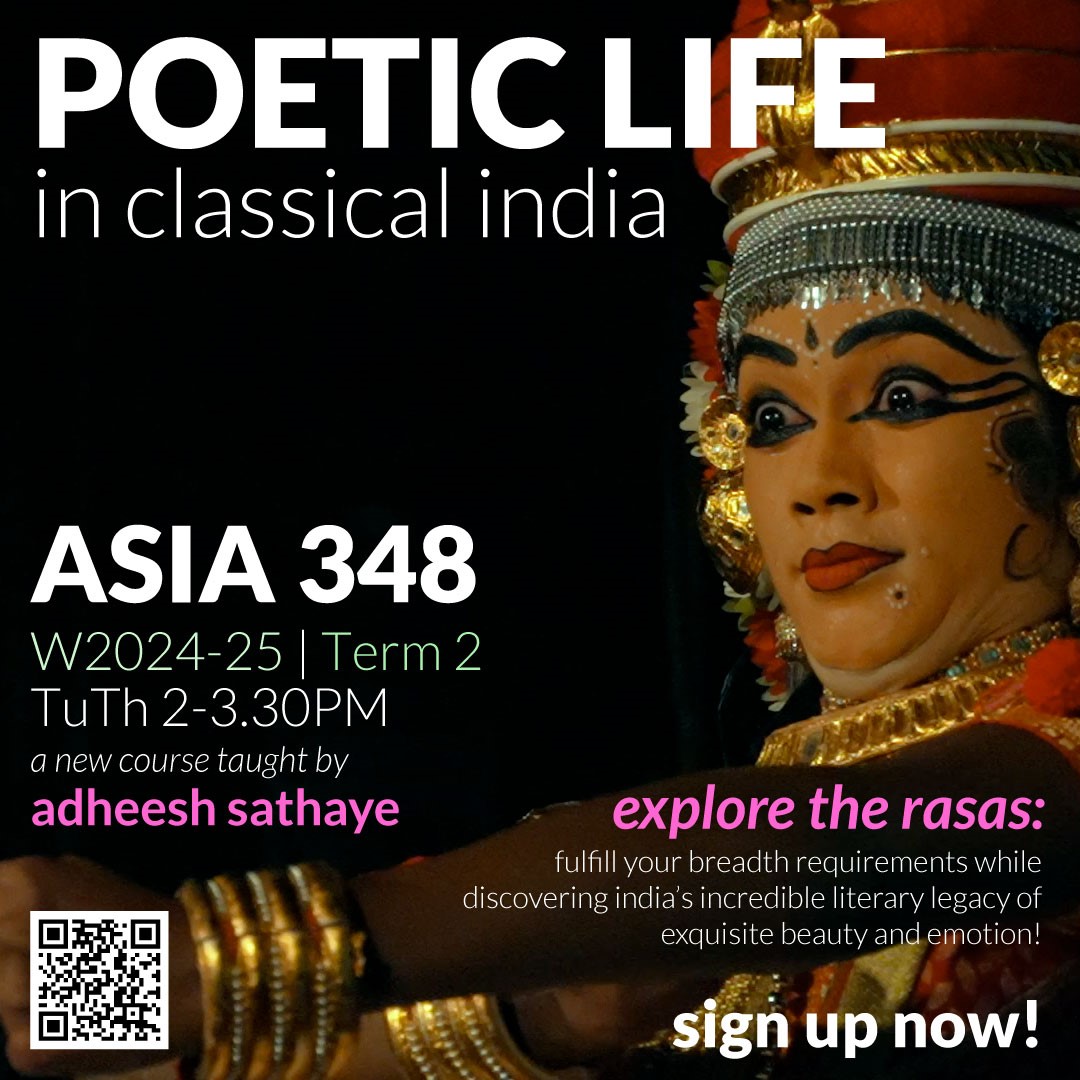

Term 2 | Tuesdays and Thursdays, 2:00pm – 3:30pm
Taught by Dr. Adheesh Sathaye
Explore the rasas: fulfill your breadth requirements while discovering India’s incredible literary legacy of exquisite beauty and emotion!
This course will delve into the poetry, theatre, and ornate prose writings of India in the classical period (c. 300-1300 CE).
History
The Rise of Korean Civilization (ASIA_V 317)
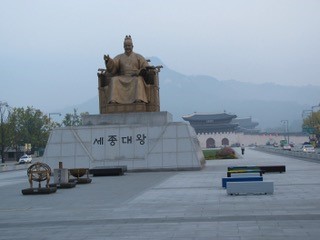

Term 2 | Mondays and Wednesdays, 11:00am – 12:30pm
Taught by Dr. Donald Baker
Discover the real story behind K-Dramas about ancient Korea. This course will trace the evolution of life on the Korean peninsula from stone age whale-hunters through to soldiers and sailors fighting Japan in the 1590s. We will look at images and videos, as well as translations of what Korean themselves said at the time, to see how Koreans constructed and then maintained a distinctive political and cultural identity.
Our focus will be on political and cultural history, including religion, art, and literature. We will also look at changes in society on the peninsula, including changes in the roles of women in society. We will also examine, and discuss, Korea’s relations with China and Japan from pre-history to 1600.
The Korean People in Modern Times (1600 to the present) (ASIA_V 337)
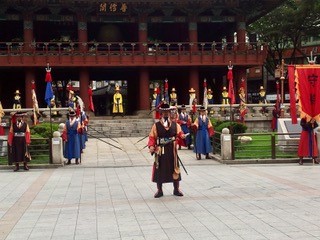

Term 2 | Mondays and Wednesdays, 2:00pm – 3:30pm
Taught by Dr. Donald Baker
Discover the real story behind K-Dramas about Korea since 1600. This course will trace Korea’s progress from dictatorship to democracy and from poverty to prosperity—in South Korea. We will also examine why North Korea has failed to keep up.
Over the course of this term, we will seek answers to questions such as: How did the Chosŏn dynasty last as long as it did? What was life like for men and women in Chosŏn Korea? What was the impact of Japanese colonial rule? How was South Korea able to become a democratic country and an economic and cultural powerhouse? What happened in the city of Kwangju in May 1980? (Your professor will share what he saw first-hand.)
Our journey over these four centuries will be aided by videos and by translations of what Koreans themselves have said about the times in which they lived.
Culture
Hong Kong Diaspora in Canada (ASIX_V 315)
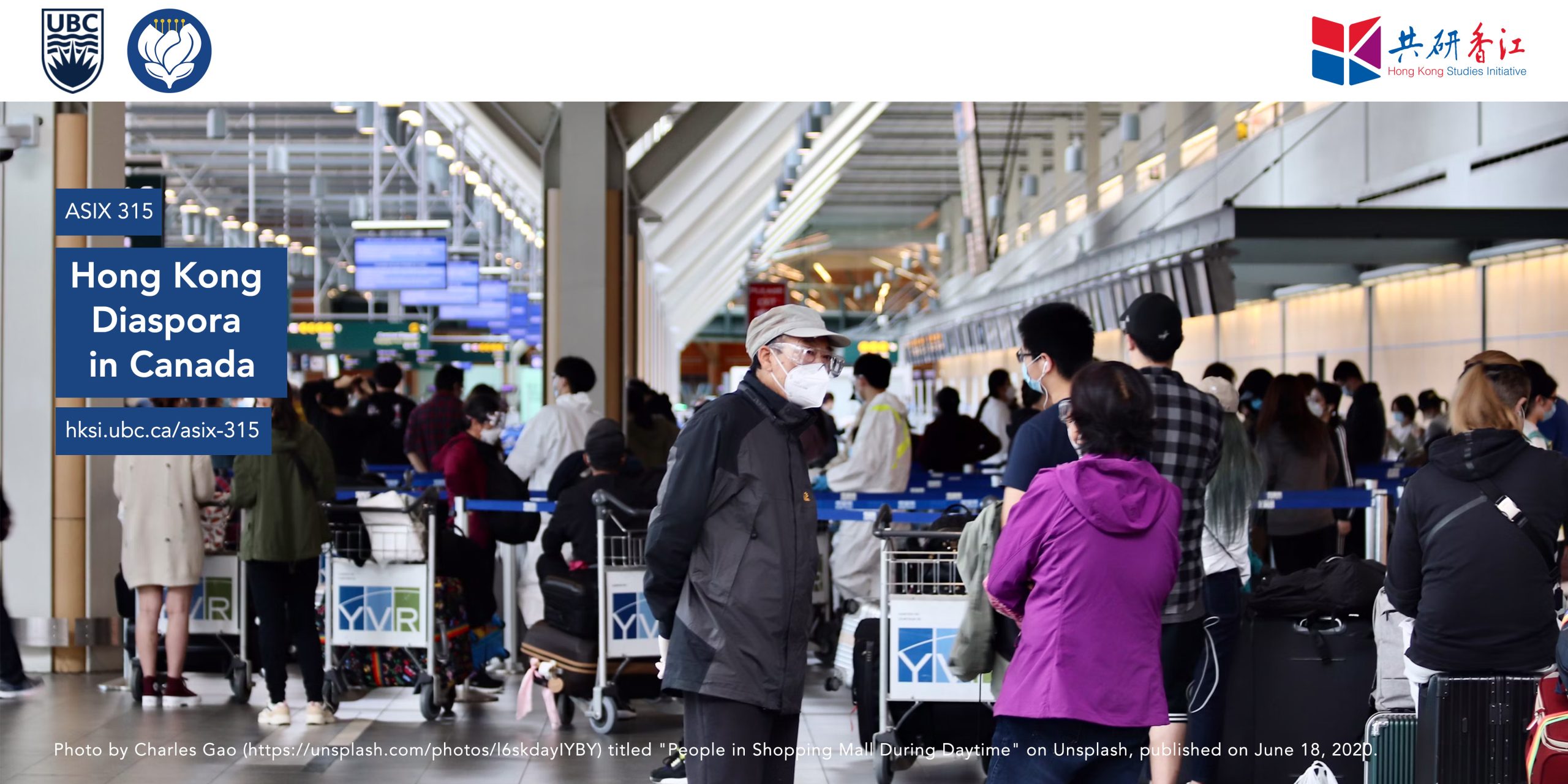

Term 2 | Mondays and Wednesdays, 3:30pm – 5:00pm
Taught by Dr. Benjamin Cheung
Hong Kong has experienced a very unique history and developmental trajectory – from a collection of small fishing villages on an island to an economic and manufacturing powerhouse at the intersection of cultures, and on to its present-day version teetering between a civic and national identity.
Throughout this time, throngs of people from this unique corner of the world have migrated to modern-day Canada and drastically transformed the social make-up of the urban geography of these lands. This course will delve into topics such as identity, acculturation, language education, and many other topics associated with the different generations of Hong Kong diaspora in Canada.

